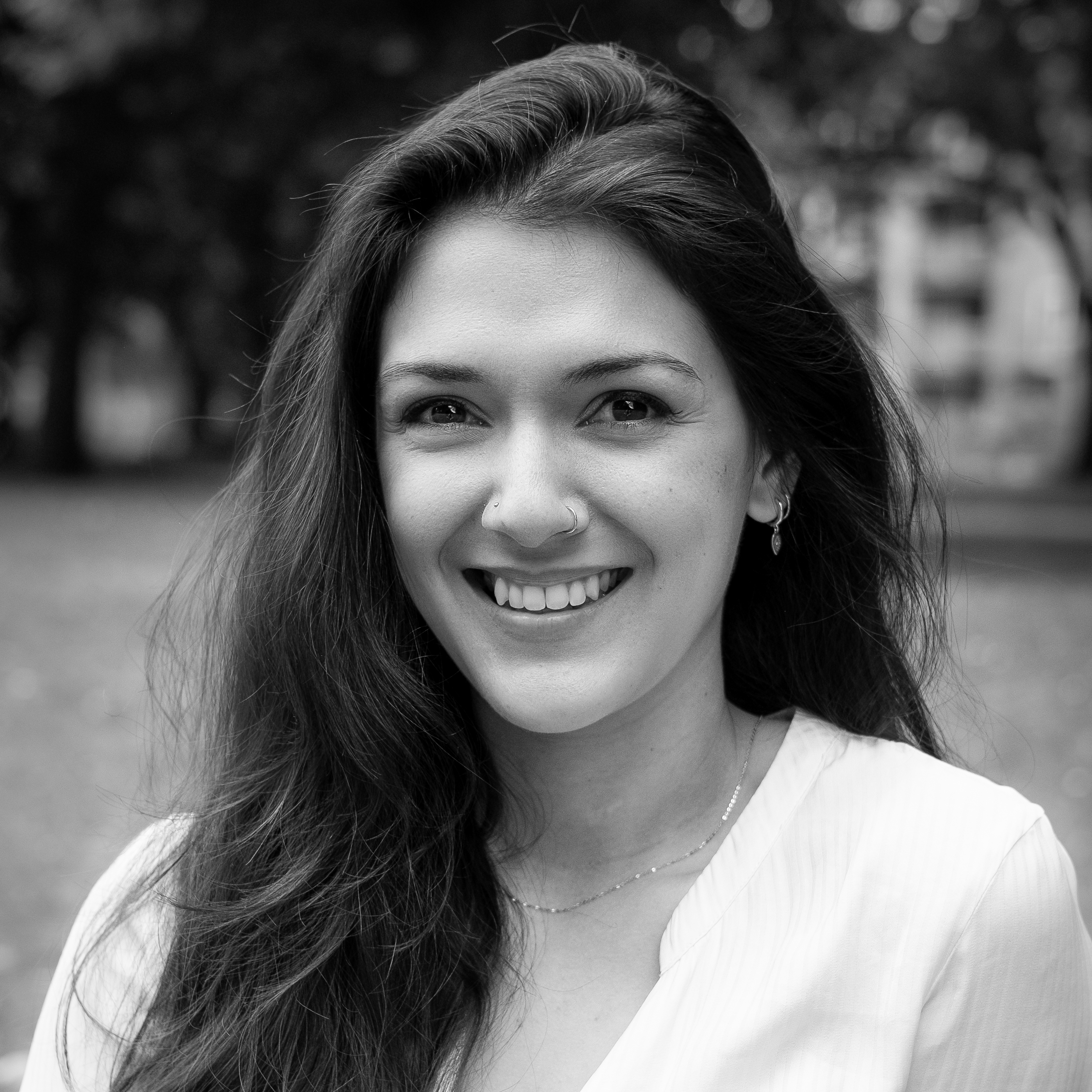Jessica McFadyen
PhD

PhD

I have a Bachelors of Psychological Science (Hons I) and a PhD in cognitive neuroscience from the University of Queensland, Australia. In my PhD, I used brain imaging and computational modelling to study brain pathways that process emotional facial expressions. I then moved to the UK and worked as a research fellow at UCL (in the Max Planck UCL Centre for Computational Psychiatry and Ageing Research). There, I examined how people with higher anxiety decide whether to approach or avoid risky situations, and how future scenarios are rapidly played out in the brain.
I then stepped into the start-up mental health sector as a Senior Scientist at Alena, where I developed and designed mobile games to predict the extent to which different people with social anxiety will benefit from different therapeutic tools.
I've since joined the thrilling AI movement in mental healthcare as a Lead Clinical Researcher at Limbic AI, who are developing innovative AI-enabled solutions to the global supply-demand problem in mental healthcare.
For an up-to-date list of publications, visit my google scholar profile.